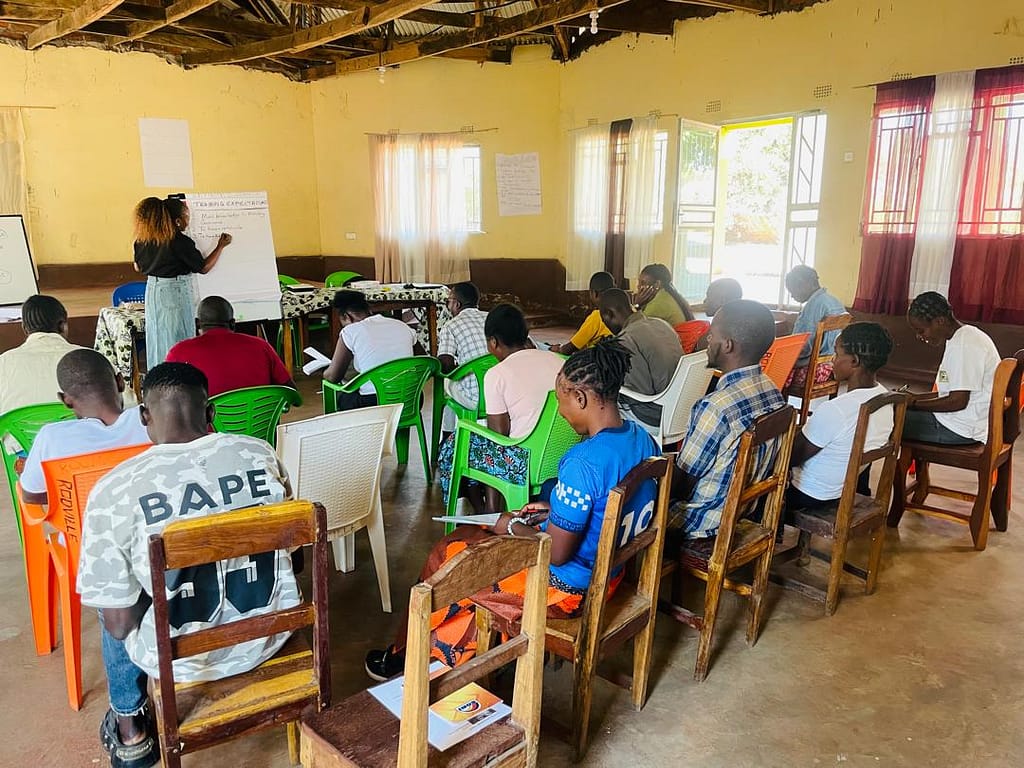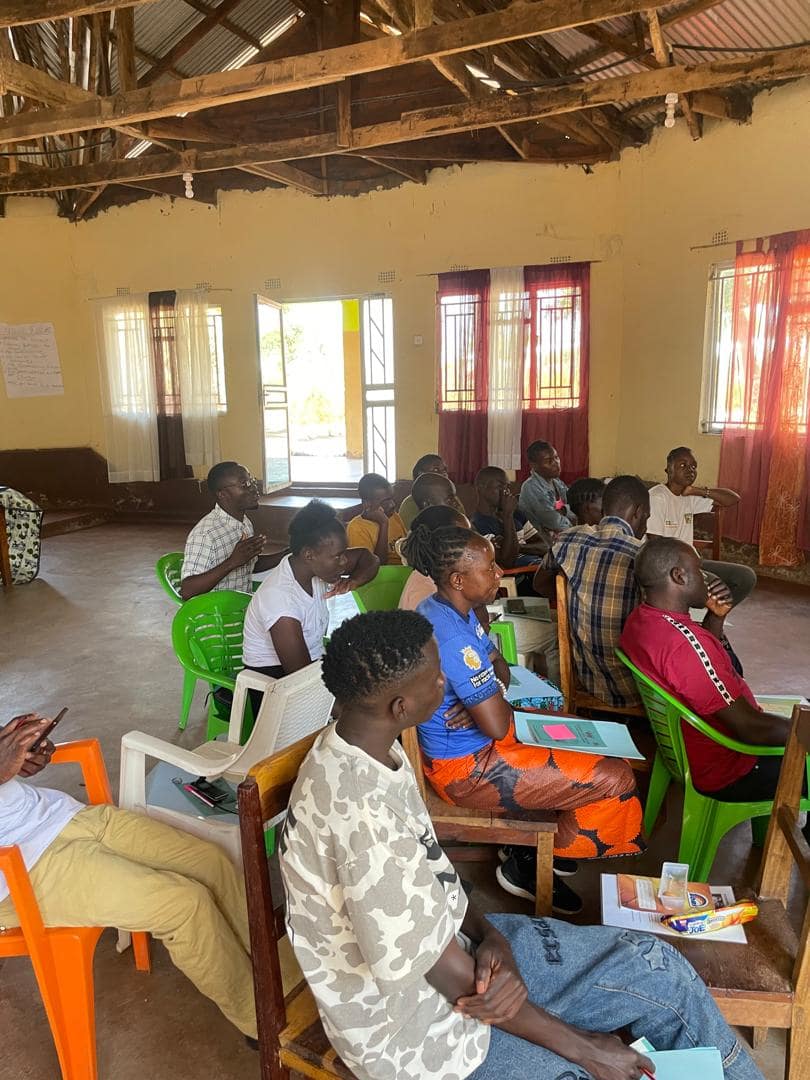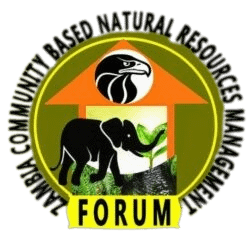SHE IS THE CHANGE
Despite women’s critical roles in communities such as Msoro, Nsefu and Mnkhanya chiefdoms in many rural areas of Zambia ; women are involved in many activities both at household and communities from food production and water management, management of domestic chores, and often women are consistently under represented and face barriers to participating in natural resource management and climate adaptation decision-making from local to global levels-; this has continued to under voice the women in forestry governance and participation in direct social economics activities. Discriminatory gender norms can lead to unequal gender representation in positions of power and decision-making spaces. This imbalance can lead to a vicious cycle that continues to deprive women of access to formal information, financial resources, benefit sharing, access to market linkages, under representation in value chain activities among others.


The TOT training builds on confidence and courage for the trainers to continue to share knowledge, hold community sensitization meetings, engage key stakeholders and represent their various community-based groups.
